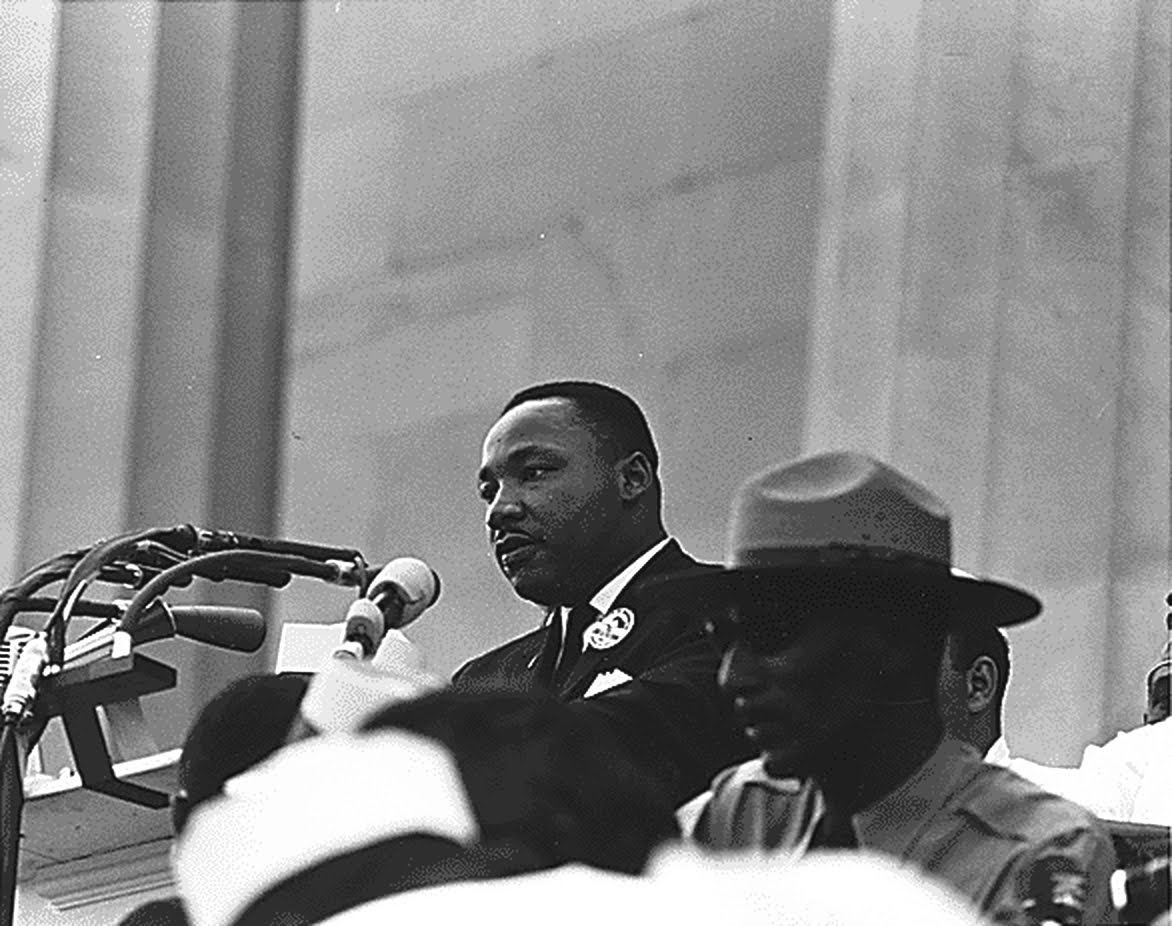June 5, 1933. The U.S. Congress abrogates the United States' use of the gold standard by enacting a joint resolution (48 Stat. 112) nullifying the right of creditors to demand payment in gold.
Whereas the holding of or dealing in gold affect the public interest, and are therefore subject to proper regulation and restriction; and
Whereas the existing emergency has disclosed that provisions of obligations which purport to give the obligee a right to require payment in gold or a particular kind of currency of the United States, or in an amount in money of the United States measured thereby, obstruct the power of the Congress to regulate the value of the money of the United States, and are inconsistent with the declared policy of the Congress to maintain at all times the equal power of every dollar, coined or issued by the United States, in the markets and in payment of debts.
Now, therefore, be it resolved that (a) every provision contained in or made with respect to any obligation which purports to give the obligee a right to require payment in gold or a particular kind of coin or currency or an amount in dollars of the United States measured thereby, is declared to be against public policy; and no such provision shall be contained in or made with respect to any obligation hereafter incurred. Every obligation, heretofore or hereafter incurred, whether or not any such provision is contained therein or made with respect thereto shall be discharged upon payment, dollar for dollar, in any coin or currency which at the time of payment is legal tender for public and private debts.
Rights Advisory: No known restrictions on publication.
This IMAGE (or other media file) is in the public domain because its copyright has expired.This applies to the United States, where Works published prior to 1978 were copyright protected for a maximum of 75 years. See Circular 1 "COPYRIGHT BASICS" PDF from the U.S. Copyright Office. Works published before 1923 (in this case circa 1895 - 1900) are now in the public domain.
Call Number: POS - ADV. 19th c. - Elections. N67, no. 1 [P&P] Repository: Library of Congress Prints and Photographs Division Washington, D.C. 20540 USA.
Notes:
Color lithograph by Northwestern Litho. Co., Milwaukee.
This record contains unverified, old data from caption card.
Collections:
Posters: Artist Posters
TEXT RESOURCES:














No comments:
Post a Comment